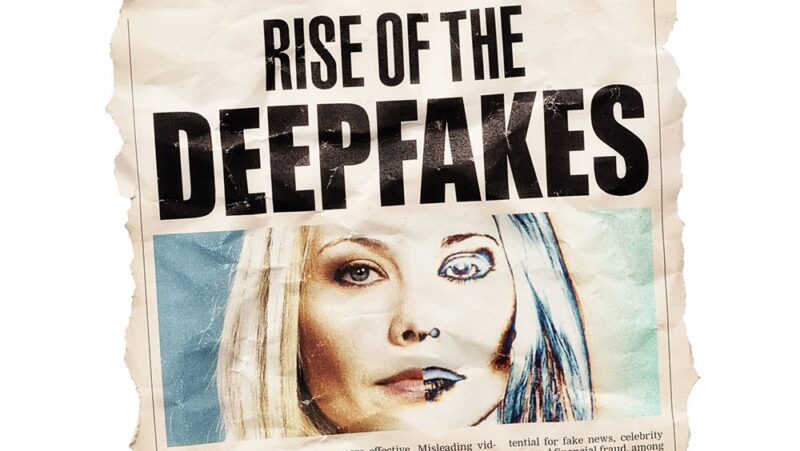When Leaks Dry Up, We Turn To FOIA

When we talk about the importance of a free press, what we’re really talking about is how important it is for the press to serve as a watchdog on the government. The highest responsibility of journalism is to supply the people with information about what their government is doing, so that the people can hold the government accountable, and make the best possible decisions when they vote.
But if you’re not a journalist (full disclosure: I am not), you may not give a lot of thought to how journalists get that information in the first place. Official government press releases and briefings aren’t really the place to find information about government misconduct. Obviously, leaks are a much better source when it comes to getting the real dirt. But the recent emphasis on prosecuting leakers is likely to have a major chilling effect on that source of information.
But there is a way that journalists can get their hands on FBI records, secret military policy memos, and NSA email exchanges without having to worry about their sources getting arrested or fired.
They can ask the government for them.
The Freedom of Information Act (FOIA) is a law that requires the government to hand over its records if someone asks for them. The act applies to federal government agencies, but every state has laws that allow the public to access its government records. Anyone can request information, whether they’re a U.S. citizen or foreign national. And anything can be requested.
A government agency can, of course, deny your request if it decides that the information you’re seeking falls into an exemption category, like information that would threaten national security, or invade someone’s privacy. But if you think your FOIA request was unfairly denied, you can appeal, and if that doesn’t work, you can sue.
Nabiha Syed, assistant general counsel for BuzzFeed, is intimately familiar with this process. A large part of her job involves getting government agencies to give up information that they would rather not share — information that often ends up being crucial to BuzzFeed’s reporting. She sees the right of the public to access government information as an exciting First Amendment frontier. “For the most part, the First Amendment says, ‘This is hands off, the government’s not going to be involved, you guys figure out speech,’” Syed says. “And then you have the First Amendment right of access, which says, ‘Yes, but also, we are going to allow you to use the law as a sword to get access to judicial proceedings, to official records…to administrative proceedings.’”
Requesting — or fighting for — government records is an instrumental part of BuzzFeed’s reporting strategy. Such records have allowed the BuzzFeed News team to report on misconduct in death penalty executions, for-profit foster care scandals, and the widespread abuse of seasonal migrant workers. Just last month, BuzzFeed News obtained a secret Department of Defense report that stated that Chelsea Manning’s disclosure of Iraq-related documents would be unlikely to have any impact on U.S. operations in Iraq (directly contradicting the government’s position at Manning’s trial).
To be sure, the system is far from perfect, as many information-seekers can attest. As Jason Fagone wrote in his article “The Secret to Getting Top-Secret Secrets,” “The Freedom of Information Act, passed in 1966 to increase trust in government by encouraging transparency, has always been a pain in the ass. You write to an uncaring bureaucracy, you wait for months or years only to be denied or redacted into oblivion, and even if you do get lucky and extract some useful information, the world has already moved on to other topics.”
But when it does work, the payoffs can be enormous. As Nabiha Syed says, “How do we at least inject the information we need into the commons, into the public square, to try and heighten the conversations we’re having? At least getting the underlying facts out there, in ways that are hopefully more authoritative than anecdotal, I think would be really helpful.”
Lata Nott is a fellow for the First Amendment at the Freedom Forum. Follow her on Twitter at @LataNott.
Perspective: No Better Example Today of What Our First Amendment Freedoms Really Mean, Thanks to Vladimir Putin
How to Spot a Deepfake: Tips, Tools and More
Related Content

